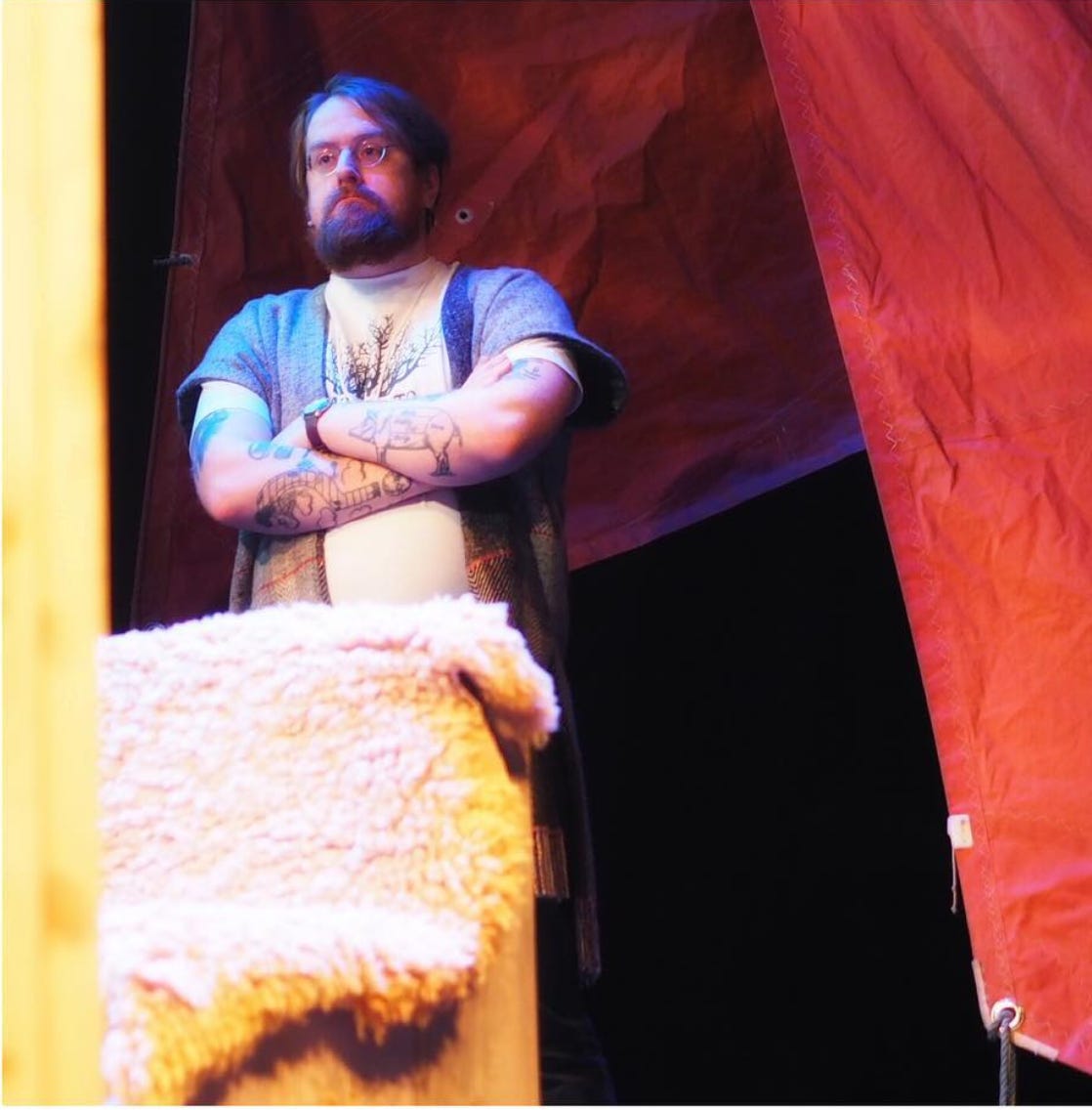10 Years of Food on the Edge
Food for the Soul
When you take food to the edge, what gets stirred up is raw emotion.
It’s those emotions that remain embedded in the memory, the reactions stirred by a decade of Food on the Edge, Jp McMahon’s annual congregation of the great and the good in food.
Bringing international and national chefs to Ireland to stand on a stage and talk about food issues…



